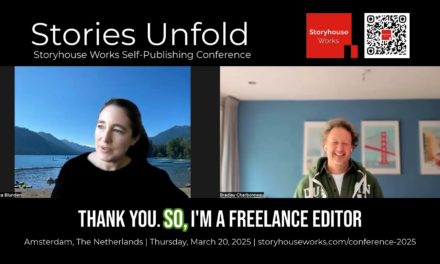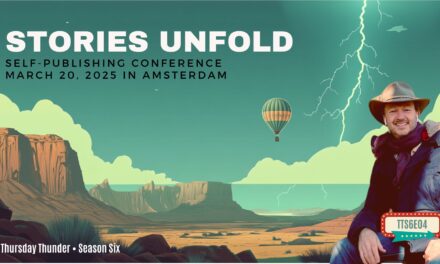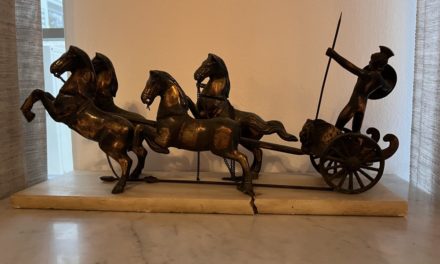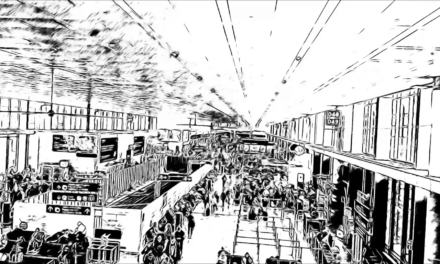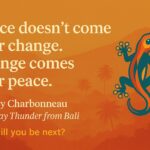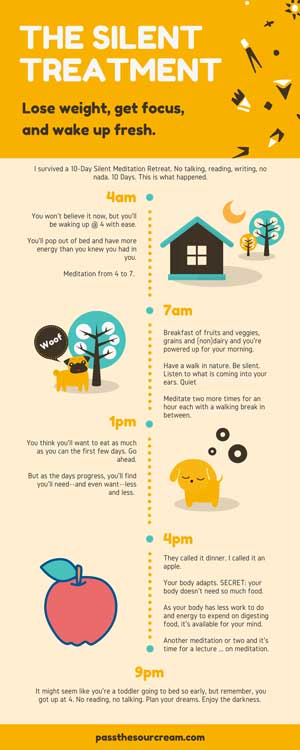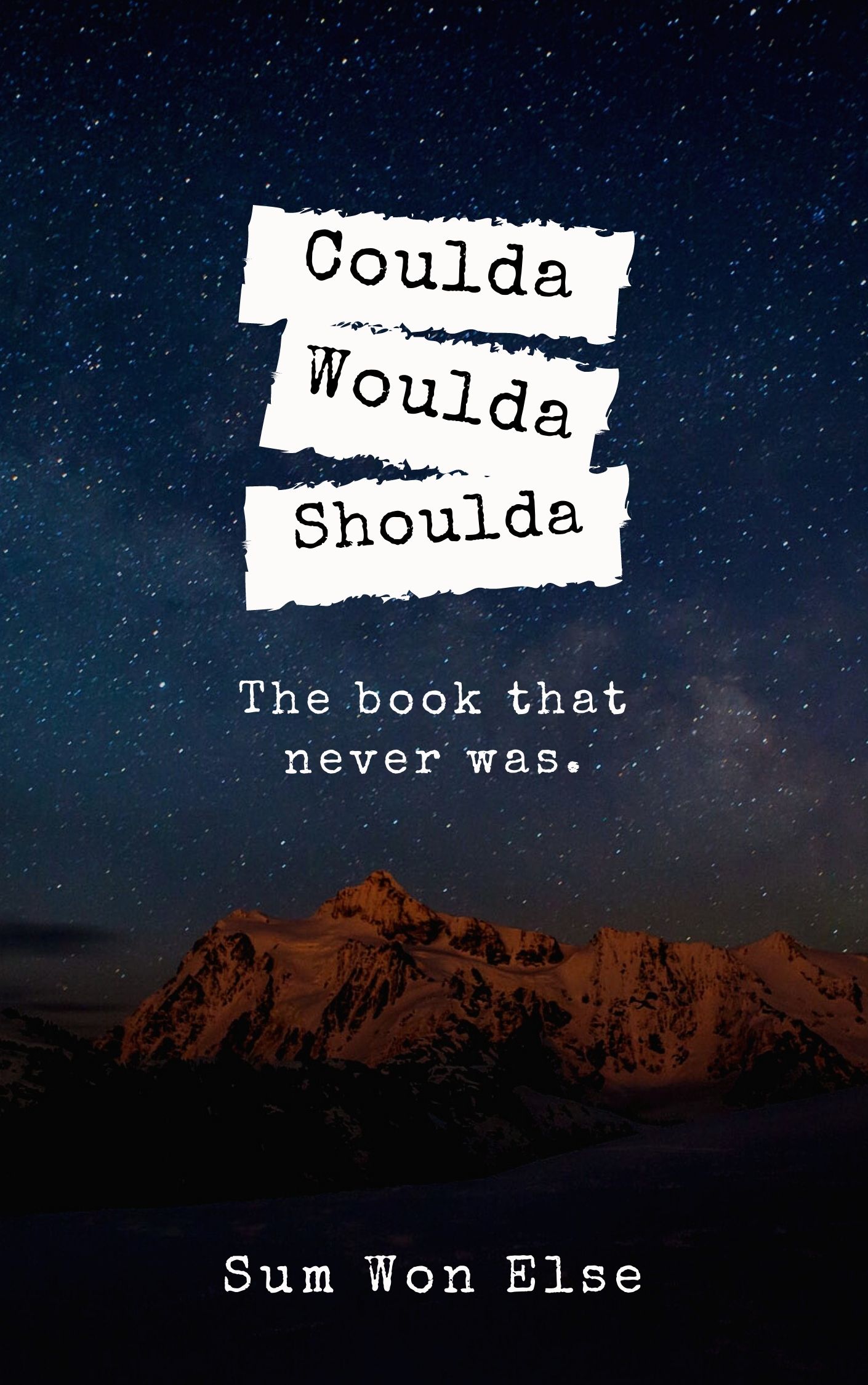
A Writer Walks into a Bookstore …

A (new) writer steps into a bookstore and is going to have one of two thoughts:
- Look at all of these authors, how am I going to compete with them? It’s all been said! They’re all ahead of me already. Why would someone read me?
- If all of these people can do it, why not me? Look at all of these books on this topic, there must be a big demand for it–and room in the market for me.
Is the best writer for the job the best writer?
There have to be studies (I know I’ve done them non-scientifically) that show that the writers who produce, who create, who actually, you know, write, do better than those who don’t–or don’t as much. I don’t just mean number of words, but well, I also do. Writing, as with anything, takes practice to get better. Yes, of course, you could write and write and never get better, I suppose, but if you care, if you try, if you want to improve, chances are you will.
Think of it from the editor’s perspective. The magazine needs a piece on gardening and wants to go freelance for it. There are two candidates. One says he’ll do it, do a great job even, but doesn’t have much experience (writing). The other has written 12 articles on gardening (but he only has them published on his blog) and–unless they’re just horrendous–is the one with the experience, who can show that he can produce in fact, has produced. Even if it’s not such “good” writing, at least it’s something and I would venture to assume that through this practice, he could improve or maybe improve at a more efficient rate than the non-writing writer. At least more so than the one who’s just starting. The writer who’s writing is “in shape.” The writer who doesn’t write is not.
Don’t compare your beginning with someone else’s middle–or end
They all started somewhere. The best-selling authors weren’t born with 13 books on the NY Times Bestseller list. They started at zero, they started with nothing, but they started, they continued and they followed through.
I speak fluent Dutch. I lived there for 4 years. I’ve spoken it every day for the past 10 years with my wife and kids. I met a woman the other night who just started learning Dutch. She was intimidated because my Dutch was so my better than hers. I have 10 years of experience, speaking it every single day. Can she catch up? Sure. Is it a race? No. Is there a finite number of people who can speak Dutch in the world and then it’s capped? The quota is reached? No.
Is it just a numbers game?
It’s not a zero-sum game. There’s a pumpkin pie on the table. If I take a piece, that’s one less piece for you. There is a finite number of pieces of pie. But with books or articles or especially views on a post on a website, it’s not zero sum: it’s unlimited. A buyer could, theoretically, buy 4 of your books (even the same book). An unlimited number of people could download your e-book. What’s also important to note is that this buyer could–and it’s even likely that he does–buy your book and buy the book from your competitor. Crazy to think about, I know.
So what’s holding us back? Creation is hard. Hey, if it were easy, everyone would be doing it.
Just write.

Lots and lots of books in our lodge in Stellenbosch, South Africa

